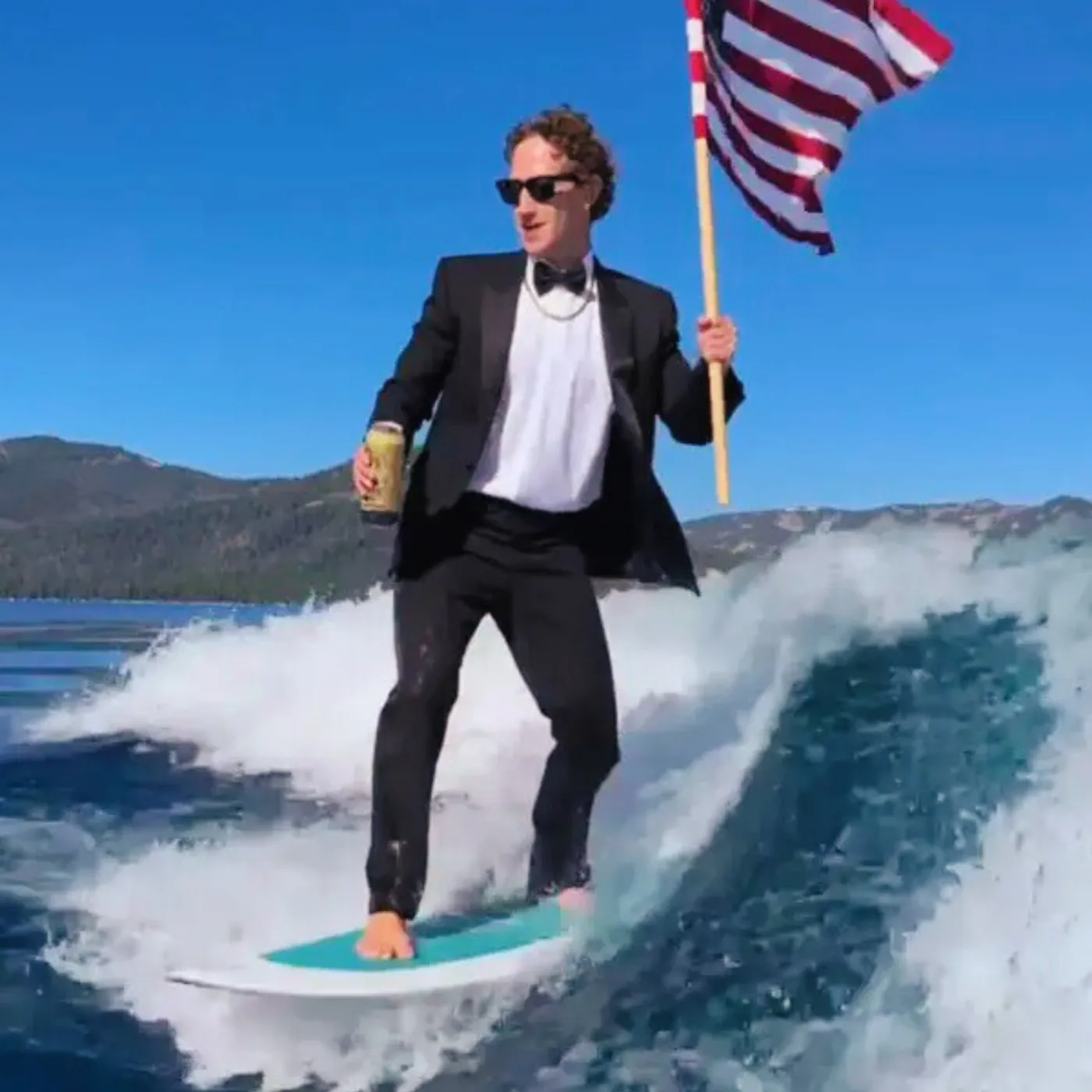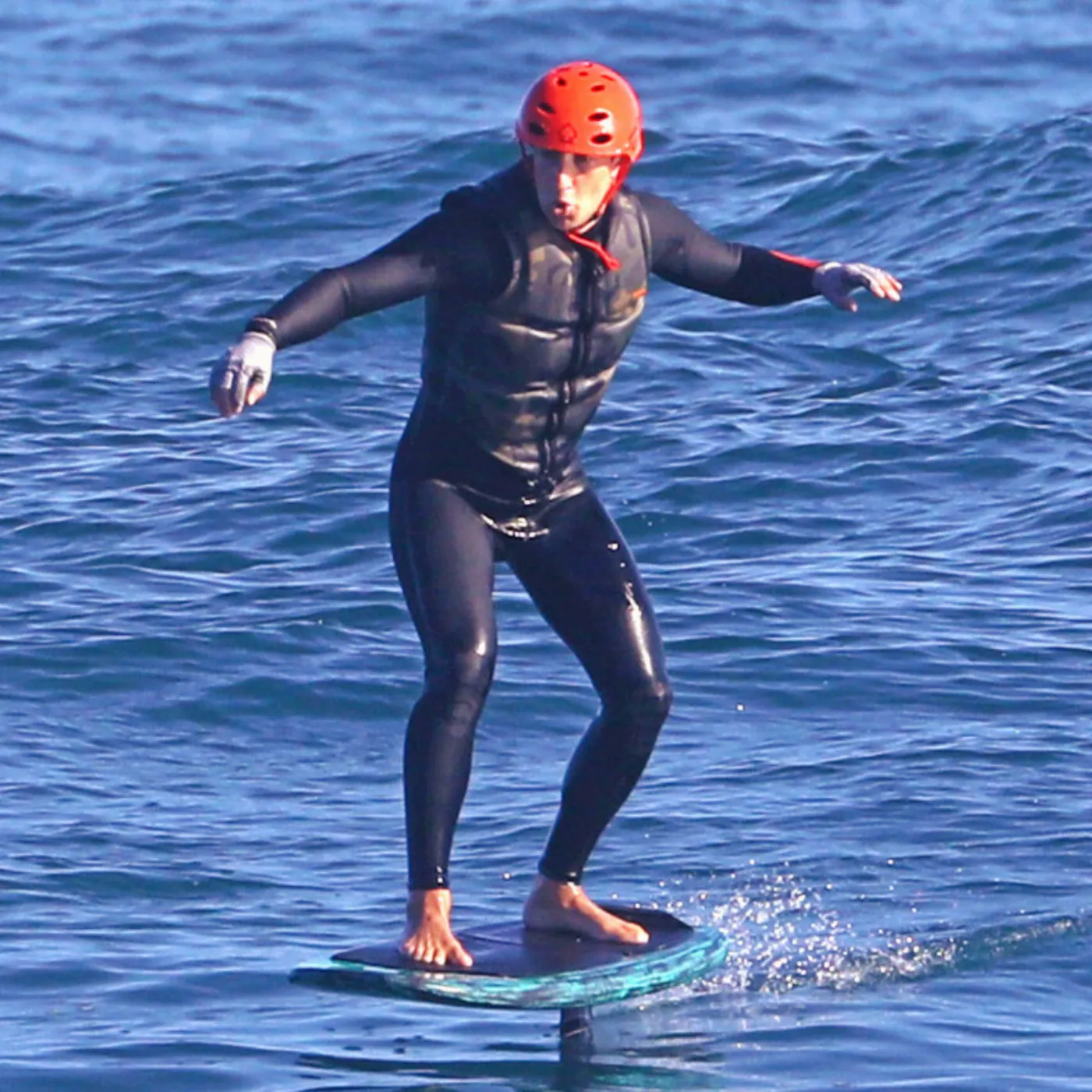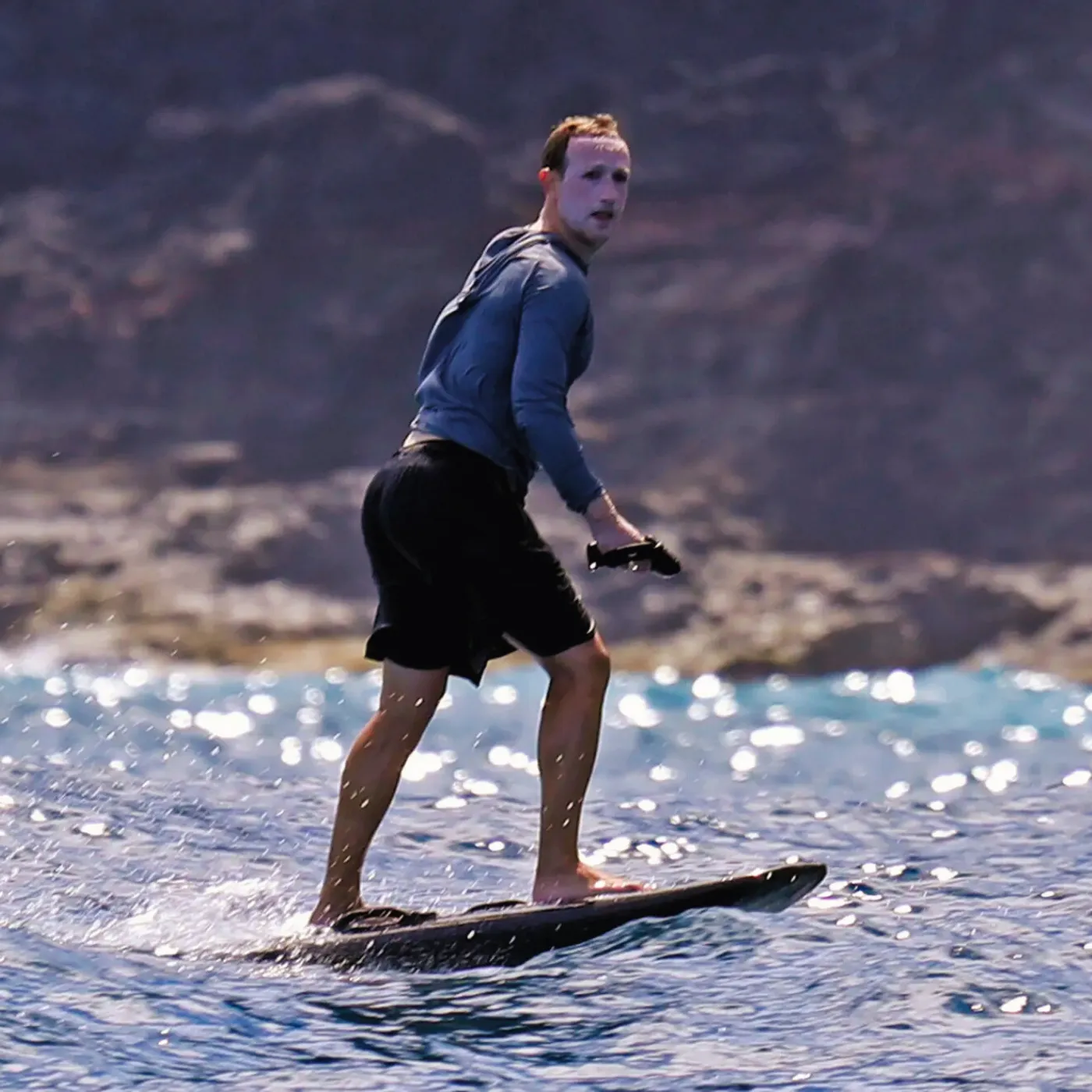

Inside Mark Zuckerberg’s 270 Million Dollar Hawaiian Empire and What Locals Won’t Tell You
Mark Zuckerberg’s $270 million purchase of a vast 1,300-acre estate on the Hawaiian island of Kauai has sparked a wave of debate, igniting fears and concerns among the locals. To some, the acquisition is a symbol of the tech billionaire’s growing dominance over the world’s most coveted real estate. To others, it’s a dangerous intrusion into a community deeply rooted in its traditions and history. What does this purchase mean for the future of Kauai, and what are the local fears surrounding Zuckerberg’s sprawling empire? Let’s dive deep into this controversy.

The Dream of a Hawaiian Paradise
When Mark Zuckerberg, the founder and CEO of Facebook, made headlines for purchasing 1,300 acres of prime Hawaiian land in 2014, many viewed it as the ultimate dream. A billionaire tech mogul buying a massive piece of one of the most beautiful islands in the world—what could go wrong?
The land, valued at $270 million, sits on the island of Kauai, known for its lush landscapes, breathtaking beaches, and rich cultural heritage. The property, which includes a stunning beachfront area and thick forests, is now part of Zuckerberg’s Hawaiian empire, which he has referred to as his “private paradise.”
But for many, Zuckerberg’s acquisition is more than just a billionaire’s dream come true. It’s a controversial purchase that has created a storm of tension and unease among locals. Kauai’s residents, who are deeply connected to the land, fear that the tech mogul’s growing influence in their community could come at a significant cost.
Zuckerberg’s Growing Hawaiian Empire
In recent years, Zuckerberg’s presence in Hawaii has expanded. What began as an initial land purchase quickly turned into a much larger endeavor. With his 1,300-acre estate, he now owns an enormous portion of the island. Some locals have questioned the impact of such consolidation of land, with concerns that the island’s natural beauty and resources will be locked behind the gates of a billionaire’s private kingdom.
Zuckerberg has made headlines for his ambitious plans for the property, which include building a state-of-the-art smart home, sustainable farming initiatives, and even advanced water systems. While some of these plans sound promising from an environmental perspective, others see them as an effort to control the island in a way that excludes the very people who have lived there for generations.
But it’s not just about the land. Zuckerberg’s growing influence on the island goes beyond his real estate purchases. In 2019, Zuckerberg made another controversial move when he purchased additional land in the nearby town of Kilauea, making his presence even more significant. This expansion has left many feeling that the local community is being pushed aside, as a tech mogul’s influence continues to grow in ways that could forever change the island’s social and cultural fabric.
The Struggle Between Tradition and Technology
Hawaii’s rich history and culture are deeply tied to the land. Native Hawaiians have long considered the islands sacred, and their connection to the land is central to their identity. However, Zuckerberg’s influence threatens to overshadow these traditions.
One of the primary concerns among locals is the displacement of Hawaiian culture in the face of rapid modernization. Critics argue that Zuckerberg’s plans for the land, though well-intentioned in some respects, may fail to respect the island’s deep cultural significance. For example, some of the changes Zuckerberg has proposed involve reshaping the landscape in ways that locals feel are disrespectful to the land’s sacredness.
Hawaiians have long been fighting for land rights, with many advocating for the preservation of their culture and the environment. Locals fear that as Zuckerberg continues to expand his estate, they will lose access to important natural resources and sacred spaces. This struggle is further complicated by the fact that much of the land Zuckerberg owns is not open to the public, making it feel like a private kingdom rather than a shared cultural space.

A Threat to Local Communities and Economies
Beyond cultural concerns, Zuckerberg’s property ownership has raised alarms about the broader impact on the local economy. Real estate prices on Kauai have been steadily climbing, with some locals feeling the pressure of rising costs. As wealthy individuals like Zuckerberg buy up large parcels of land, it drives up prices and makes it more difficult for the average resident to afford to live on the island.
This growing wealth disparity has caused many locals to feel as though they are being priced out of their own home. With tech moguls like Zuckerberg increasingly purchasing up land, many worry that their ability to stay on the island will become impossible. Real estate experts have warned that the influx of ultra-wealthy buyers could lead to a rise in property taxes and the eventual gentrification of Kauai, potentially displacing long-time residents.
Moreover, the influx of wealthy tech entrepreneurs has created a divide between those who can afford to live in this exclusive paradise and those who can’t. For many residents, Zuckerberg’s vast estate represents an exacerbation of the class divide, where the island’s natural beauty is reserved for the ultra-rich and locals are left struggling to make ends meet.
Environmental Concerns: Will the Paradise Be Preserved?
While Zuckerberg’s estate boasts eco-friendly features, such as solar panels, water conservation systems, and organic farming, some residents are skeptical of his environmental claims. Environmentalists have raised concerns about the potential for overdevelopment on the island. Critics argue that while Zuckerberg’s plans may look good on paper, the reality could be far different.
Kauai’s fragile ecosystem, which is home to many endangered species, could be threatened by development, as roads, structures, and infrastructure are built on previously untouched land. Locals fear that the push for modernization will harm the very nature that makes the island so special. The beauty of Kauai is its natural, unspoiled landscape, and many fear that Zuckerberg’s plans to develop the land could lead to its destruction.
While Zuckerberg has made attempts to work with environmental groups, some feel that his efforts are self-serving. Critics argue that Zuckerberg’s green initiatives are not enough to offset the potential harm that could be done by the massive footprint of his developments. With growing concerns about climate change and the fragility of natural resources, locals are asking whether Zuckerberg’s $270 million investment will protect or exploit the island’s ecosystem.
Privacy and Access to Land: The Disappearing Public Spaces
One of the most vocal concerns from locals is the loss of public access to land. Kauai, like many parts of Hawaii, has a tradition of public access to beaches and hiking trails. However, with Zuckerberg’s acquisition of more land, many of these spaces have become private. Locals fear that Zuckerberg’s increasing presence on the island will result in restricted access to public areas that have been vital to the community for generations.
For example, one of the most heated debates in recent years has been over Zuckerberg’s attempts to block public access to a beach near his property. The beach, known as “Sheraton Beach,” has long been a popular spot for both tourists and locals alike. But Zuckerberg, as the property owner, has been accused of attempting to limit access to this beach, creating tensions between him and the local population.
The issue of public access is particularly contentious because Hawaii’s laws guarantee public access to the shoreline, but landowners often attempt to restrict it. Zuckerberg’s actions have reignited a long-standing debate about land ownership in Hawaii, where residents argue that public lands should remain accessible to all, not just the wealthy few.
Is There a Solution?
As Zuckerberg’s Hawaiian empire continues to grow, the local community’s fears about the future of Kauai are likely to persist. While the tech mogul has made efforts to address some of the concerns, including his pledge to invest in local projects and preserve the island’s environment, it remains to be seen whether these efforts will be enough to alleviate the fears of residents.
Some suggest that Zuckerberg and other wealthy landowners should be required to invest in preserving Hawaiian culture and ensuring that the local community has a stake in the island’s future. Others argue that there should be stronger protections against the gentrification of Kauai, with laws that prevent ultra-wealthy individuals from pushing out long-time residents.
Ultimately, the tension between development and preservation, between billionaires and local communities, is unlikely to disappear anytime soon. As Zuckerberg continues to build his $270 million Hawaiian empire, the people of Kauai will have to decide what kind of future they want for their island — and whether they’ll be able to preserve the paradise they’ve known for generations.

Conclusion
Mark Zuckerberg’s $270 million Hawaiian empire has become a flashpoint for tensions between wealth, land ownership, and local culture. For many residents of Kauai, his 1,300-acre estate represents an intrusion into their way of life and a threat to their community. While Zuckerberg’s efforts to make his estate environmentally sustainable are commendable, they don’t erase the broader concerns about rising real estate prices, the loss of public access, and the growing influence of billionaires in their midst.
The debate over Zuckerberg’s Hawaiian empire is not just about one person’s investment in paradise—it’s about the larger issue of who gets to control the land and the future of Kauai. As the island’s residents continue to voice their fears, the question remains: will Zuckerberg’s $270 million paradise become a symbol of progress or a cautionary tale of what happens when private wealth overtakes public interest?


















